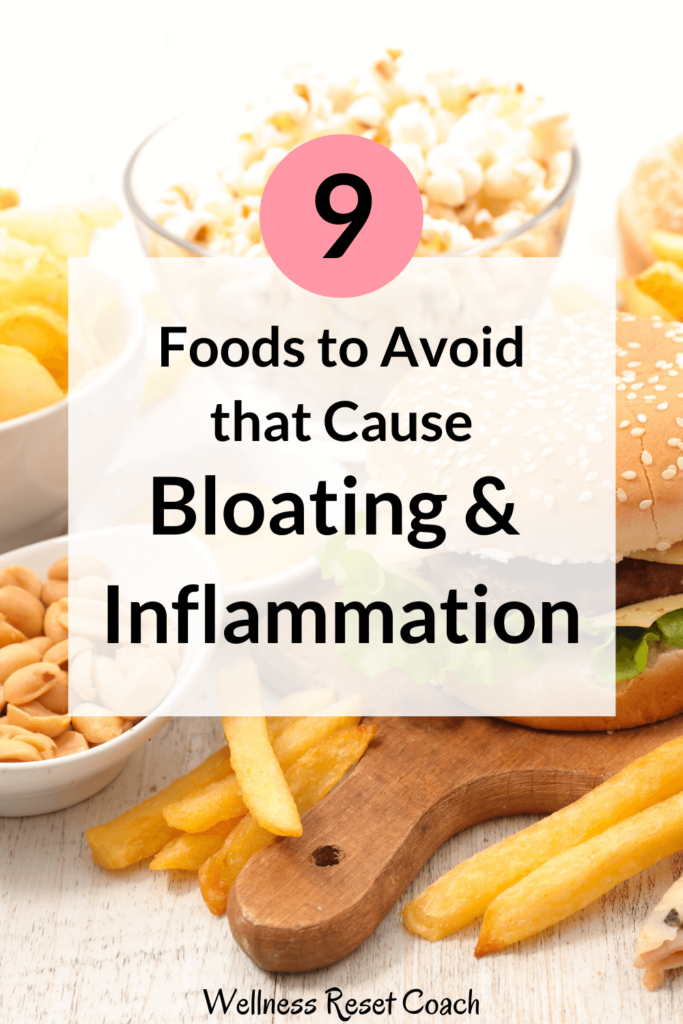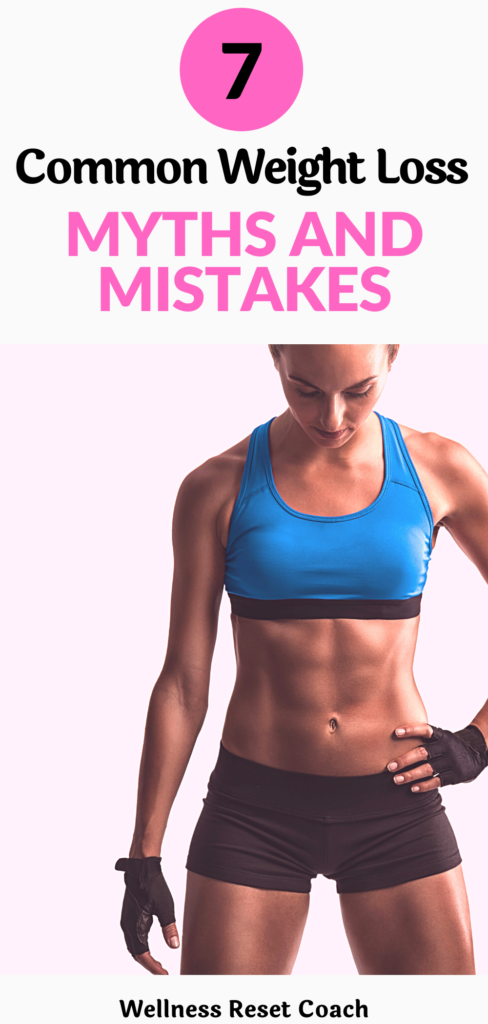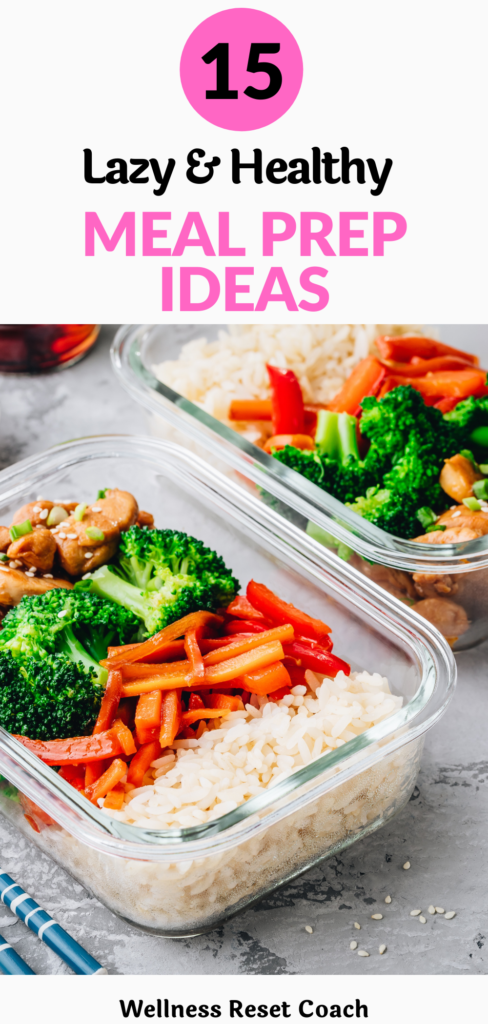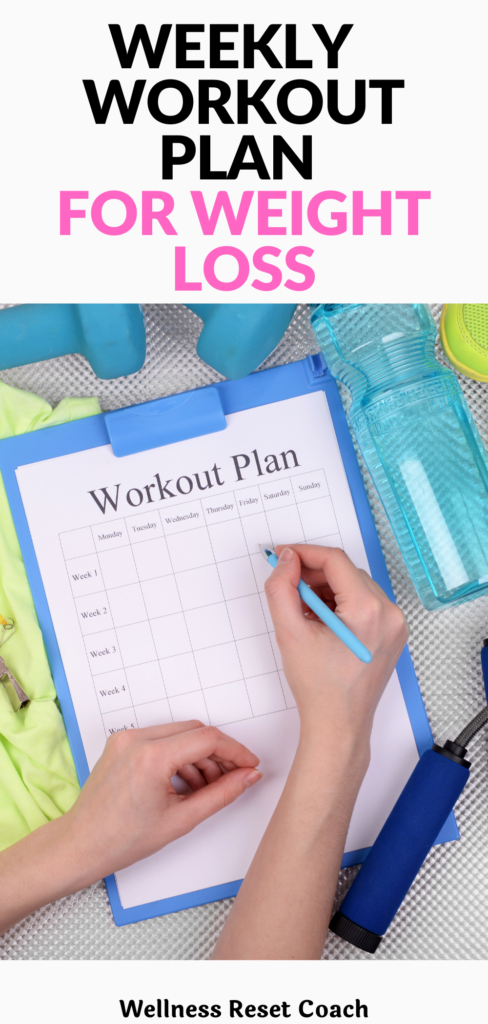

Does your belly feel swollen anytime after you eat something? Even if you’re trying really hard to eat healthy? Turns out there are quite a few food that cause bloating.
Some of these foods don’t even have to be processed. Hello gum, or broccoli!
Thank you for giving me noisy bubble guts during my 1pm meeting.
As a woman, I start to feel bloated when I even think about food. It’s so frustrating.
And don’t even get me started on that time of the month.
In order to look and feel your best, check out these foods that cause abdominal bloating.
You can avoid or balance out your intake of these foods which will help reduce bloat.
While knowing what foods to avoid to reduce bloat is important, these are two things that will become your best friends:
- 1. Water
- 2. Alka seltzer
You’re welcome.
Living a healthy lifestyle means nothing if you don’t feel good.
So let’s figure out how to get rid of the foods that make you feel like crap.
What Causes Bloating?
Bloating is a buildup of gas or air in your stomach and intestines.
It feels very uncomfortable and even painful at times.
Some people describe bloating as feeling like their stomach is full, tight, or hard.
Or how my boyfriend likes to call it – bubble guts. A lava lamp of sorts.
Common causes of bloating include:
- -buildup of gas
- -indigestion
- -menstruation
- -food intolerance
- -other medical conditions
Most of these causes are resolved through lifestyle changes.
Diet changes in particular can help reduce bloat caused by buildup of gas and indigestion.
Unless bloating becomes too painful, you probably can help resolve it by changing your diet.
If it becomes overly painful and randomly appears, be sure to see your doctor to rule out a medical condition.
Otherwise, try altering your diet to help reduce abdominal bloating!
Top Foods That Cause Bloating
Many of the foods on this list are very healthy for you.
If you enjoy these foods, don’t completely eliminate them from your diet.
Rather, eat them according to their correct serving sizes in order to get the nutritional benefits while still avoiding bloat.
Beans and Lentils
Both beans and lentils are part of the legume family. They are high in protein and fiber as well as many vitamins and minerals.
However, they are notorious for causing bloat and gut issues.
This is due to the fact that they contain a type of sugar called alpha-galactoside which is part of a group of carbs called FODMAPs (fermentable oligo-, di-, mono-saccharides and polyols) .
This carb is normally very good for gut health but too much of it can cause excess gas in the gut.
Therefore, keep eating legumes for your health but avoid them in excess to keep bloat at bay.
Wheat
Wheat is another food that is high in FODMAPs.
It commonly causes bloating when eaten in excess.
Wheat is also high in gluten. Gluten has become very controversial in recent years.
It is estimated that some 18 million Americans have a sensitivity to gluten.
This means that gluten causes symptoms related to bloating including:
- *abdominal pain
- *excessive stomach gas
- *poor digestion
Eating a diet high in gluten could lead to bloating whether you are sensitive to gluten or not.
Beer
We’ve all heard the term “beer belly” before.
Because many people know beer causes bloating, the term is very common.
There are a couple of reasons why beer causes bloating including:
- >it is high in wheat and gluten
- >carbonation
Beverages that are infused with carbon dioxide are known as carbonated. Carbon dioxide is a gas that creates stomach gas when ingested. Therefore, drinking beer or other carbonated drinks inflames your gut to cause bloating.
Carbonated drinks other than beer such as soda or sparkling water are also likely to cause bloat.
Onions and Garlic
Apart from making your breath smell fabulous, both onions and garlic are generally very good for gut health.
They contain nutrients that help promote the healthy type of bacteria in your gut.
They also contain fructans, a type of soluble fiber that is also found in wheat.
Symptoms that are related to bloating and associated with consuming too many fructans include:
- -excessive stomach gas
- -constipation and diarrhea fluctuation
- -belching
Both of these foods are very common ingredients in countless recipes. You don’t need to completely eliminate them from your diet. Instead, be mindful of how often you’re cooking with them in order to avoid causing bloating.
Cruciferous Vegetables
Cruciferous vegetables are some of the healthiest foods on the planet. So it kind of hurts when you’re trying to do the right thing and eat more vegetables, and yet the healthiest ones also double the size of your stomach temporarily.
They include:
- -broccoli
- -kale
- -brussel sprouts
However, too much of a good than can be a bad thing.
While you shouldn’t cut these veggies out, know that they are notorious for causing bloating.
Because they are another food high in FODMAPs, they can cause bloat when overeaten.
In order to reduce bloat, cooking these vegetables down by steaming them can help.
This will make it easier on your stomach to break them down and digest them.
Food Categories That Cause Bloating
Entire groups of foods are also known to cause bloating. These groups are generally unhealthy and should regularly only be eaten in moderation.
Foods High in Saturated Fats
You should only eat saturated fats in moderation. They are a part of a group of fats that are associated with many negative health consequences including:
- *heart disease
- *weight gain
- *diabetes
They are commonly found in processed meats, cheeses, and dairy products.
Because saturated fats move slowly through your intestines, they regularly cause buildup.
This is often why so many people generally feel bad after eating foods high in saturated fats.
They can cause digestive troubles and lead to bloating.
Foods High in Salt
Salt promotes water retention.
When you eat a lot of it, your body hangs on to fluids that it otherwise would flush out.
In order to reduce bloating, decrease your salt intake.
Your body will then be able to flush out foods faster and buildup won’t happen as frequently.
Processed Foods
Processed foods are high in saturated fats and salt.
This double negative is a recipe for bloating in the making.
Avoid going through the grocery store and overloading your cart with foods from the snack aisles in order to reduce processed food intake.
Avoid Bloating to Feel and Look Your Best
While we all expereince bloating at one point or another, you shouldn’t have to experience it all the time.
Diet is most likely the most effective thing you can adjust in order to avoid bloat.
In combination with an overall balanced diet, exercise, and good mental health, you will reduce bloat and feel at your very best!
I always recommend the 21-Day Fat Loss Challenge by Avocadu to anyone who’s wanting to get rid of bloat, water weight, and let go of their addiction to processed carbs.
Avocadu’s 21- Day Fat Loss challenge helped me lose 10 pounds in 10 days! And, I’ve been able to lose an additional 20 pounds using what they taught me in addition to paying closer attention to my carb-intake.
I highly recommend this course to anyone who wants to lose weight and not gain it back. Avocadu also has an amazing Facebook support group that keeps you connected to other women who are going through the program.
If you’re interested in learning more, check out Avocadu’s 21-Day Fat Loss Challenge here!




